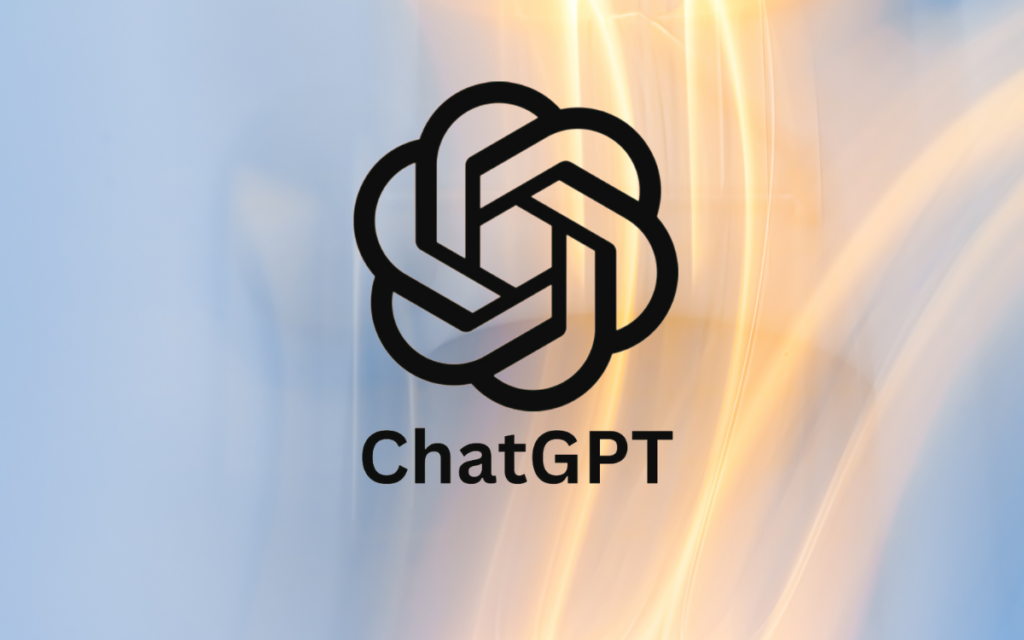ChatGPT: An Asset with Limitations in Academic Writing
The integration of artificial intelligence (AI) into various aspects of our lives has undeniably transformed the way we work, communicate, and create content. Among these innovations is ChatGPT, an advanced language generation model developed by OpenAI. While ChatGPT has proven to be a valuable tool in aiding writers, it’s essential to recognize that it doesn’t serve as a panacea for all academic writing challenges.
Understanding ChatGPT’s Capabilities
ChatGPT operates on a massive dataset and is trained to understand and generate human-like text based on the patterns it recognizes in the input it receives. It excels at providing contextually relevant information, suggesting language structures, and generating coherent text. Its ability to assist in brainstorming ideas and providing quick information makes it a valuable resource for many writers.
Limitations in Academic Writing
However, when it comes to academic writing, ChatGPT has its limitations. While it can offer assistance in generating content and structuring ideas, it may fall short in meeting the specific demands and nuances of academic discourse. Here are some notable limitations:
Lack of Domain-Specific Knowledge: ChatGPT lacks the ability to possess domain-specific knowledge. In academic writing, especially in specialized fields, the need for accurate and in-depth knowledge is critical. ChatGPT might not grasp the intricacies of certain subjects, leading to inaccuracies or superficial coverage of topics.
Citation and Referencing: Academic writing heavily relies on proper citation and referencing. ChatGPT may not consistently provide accurate or formatted citations as required by different academic standards (APA, MLA, Chicago, etc.). It lacks the ability to verify the credibility of sources, potentially leading to inaccuracies or plagiarism issues.
Complex Argumentation and Analysis: Crafting complex arguments and conducting in-depth analyses are fundamental in academic writing. ChatGPT might struggle to comprehend the depth of critical thinking required for intricate academic arguments, thereby limiting its effectiveness in generating or evaluating sophisticated academic discourse.
Contextual Understanding and Originality: While ChatGPT can generate coherent text, it might lack the ability to understand context comprehensively. This limitation can result in content that lacks originality and depth, which are crucial elements in academic writing.
Ethical and Academic Integrity Concerns: Relying solely on AI for academic writing tasks raises ethical concerns regarding academic integrity. Using ChatGPT without understanding its limitations and relying excessively on its output might lead to unintentional plagiarism or compromise the writer’s critical thinking and learning process.
Complementary Role of ChatGPT in Academic Writing
Despite these limitations, ChatGPT can still play a supportive role in academic writing when used judiciously. It can serve as a starting point for brainstorming ideas, helping writers overcome writer’s block, and providing alternative perspectives. Its assistance in language refinement and structure can aid writers in formulating initial drafts.
Strategies for Effective Use
To maximize the benefits of ChatGPT in academic writing while mitigating its limitations, several strategies can be employed:
Supervision and Verification: Writers should verify and cross-reference the information provided by ChatGPT with credible sources. Additionally, manually formatting citations and references according to academic standards is crucial.
Critical Evaluation and Editing: Writers should critically evaluate and edit the output generated by ChatGPT to ensure accuracy, coherence, and originality. This involves adding context, depth, and refining the generated content to meet academic standards.
Editing More than 200,000 Words a Day
Send us Your Manuscript to Further Your Publication.








Is ChatGPT Trustworthy? | Rovedar | Scoop.it says:
ChatGPT vs. Human Editor | Rovedar | Scoop.it says:
Enhancing Your Assignments with ChatGPT | Roved... says: